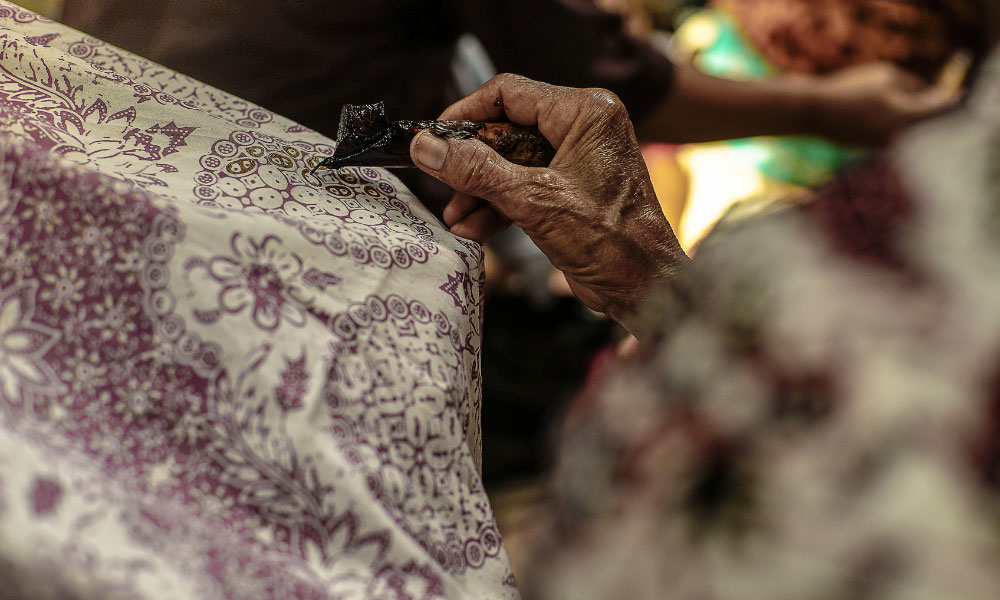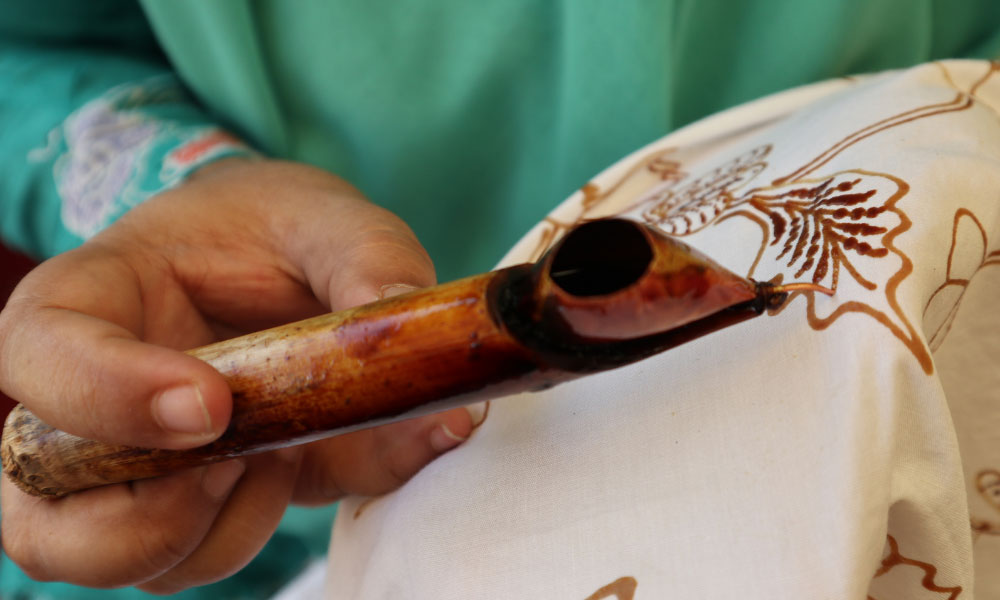
04 Oct Familial and Cultural Connections through Making
Interview of Stephanie Santoso by Dorothy Jones-Davis
My grandfather died, and my grandmother was left alone effectively as a single mom to raise four children in Indonesia, and be the primary breadwinner. She did all of these different things – starting her own seamstress business, she ran an AirBnB (she turned her house into a boarding house) before AirBnB was a thing. That kind of maker mindset was a core part of my family background. My mom sewed all of my clothes growing up, until I was 6 or 7, and she just taught herself how to sew, because back then, it was way cheaper to buy fabric and sew if you could. That feels very luxurious now.

Maker funds of knowledge come from a variety of sources, but for many of us, they come from our first experiences, those with our families. In particular, in resource-limited environments, making is more economically advantageous than consumerism. The lasting impact that these experiences have, both in transfer of knowledge/skillsets and the maker mentality (i.e. “I have the agency/power to create to solve challenges in my life”) is incredible, and informs the funds of knowledge that many students possess who are assumed to not have prior history or knowledge of making. Indeed, these students do have a significant familial and experiential knowledge base from which to draw from.
The other thing I think about when I think about my connection is, for me, growing up in the U.S., we would occasionally visit my family in Indonesia every few years, maybe for like ten days…that’s not really enough time to really learn about your heritage. I didn’t feel connected to Indonesian culture. I didn’t grow up speaking Bahasa. When I was little, I didn’t really have a desire to learn about that culture or heritage, but at some point, I think going from high school to college, I realized I knew very little about my heritage, my culture, and felt a little lost in that way.
But then I realized, there are so many things about Indonesian culture related to making that I kind of just gravitated towards and became a mechanism for me to learn more about my heritage. I’ve really appreciated that I like learning more about things like traditional Batik, the fabric painting, or the traditional wood carving, and on previous trips that I’ve been on [to Indonesia], I actually took time to actually spend more time visiting those artisans that are trying to carry on the tradition.
Making is a very powerful connection to your culture and family.
Even food – that’s also like a huge one for me. My aunt, she lives in Jakarta, and what she does for a living is she is a food vendor. She cooks this very specific traditional chicken – Ayam Kuning – which translates to yellow chicken because of the turmeric. But it was amazing to watch her make that, and then we got to eat it. That’s one aspect, when I think about the personal meaning of making to me.

